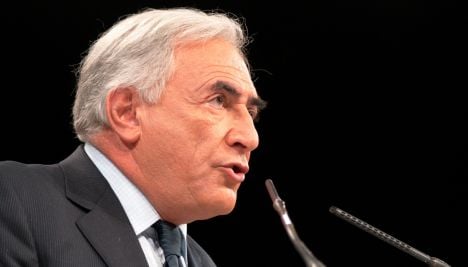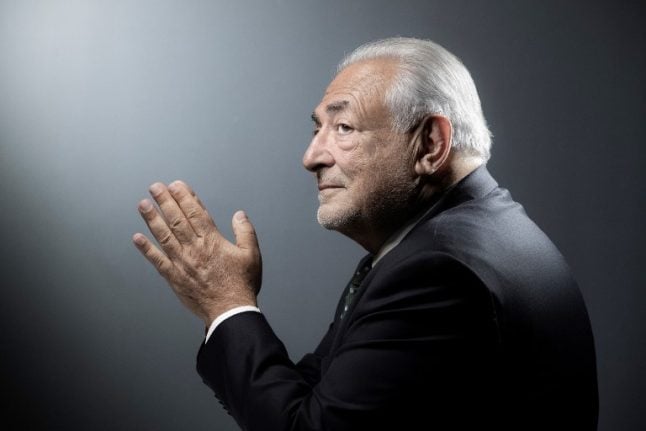Strauss Kahn was arrested in New York on 14th May after accusations of sexual assault by a hotel maid.
The first comments from the former TV journalist appear in a book to be published tomorrow by Michel Taubmann, the biographer of Strauss Kahn.
In the book, he publishes extracts from an email sent by Sinclair in which she says she is “not in doubt about the facts, but worried nonetheless.”
She goes on to say “Dominique is a good, honest man. I believe in him more than ever. Our relationship is solid no matter what happens. We will come out of this drama together with dignity, hand in hand.”
Taubmann spoke to RTL on Tuesday afternoon and said phone conversations with both Strauss Kahn and Sinclair had left him “struck by their readiness to fight and the desire of Dominique Strauss Kahn to prove his innocence.”
In the book, he also quotes Strauss Kahn’s sister as saying she is “certain that he is not capable of violence against a woman. He is a gentle man, just like my brother Marco. They were both raised by a mother who adored them. Our parents gave them values and respect for human rights, for women and for those weaker than ourselves. They never hit us and I’ve never seen Dominique raise his hand to anyone.”
Strauss Kahn remains in New York awaiting trial.



 Please whitelist us to continue reading.
Please whitelist us to continue reading.
Member comments